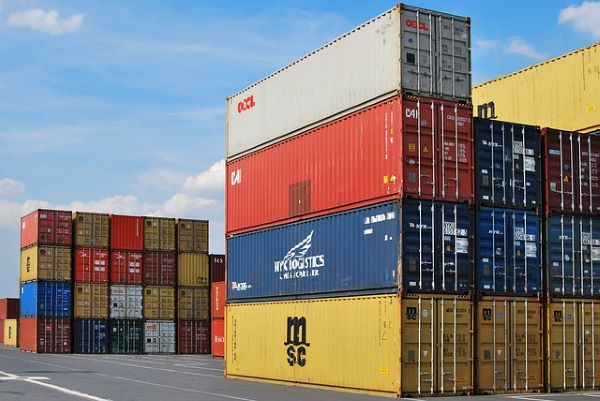Bangladesh’s economy has been one of the world’s fastest-growing over the past decade, making significant strides in economic development. Perhaps that’s why the political turmoil in the country has gone somewhat unnoticed. However, when a country faces political instability, it inevitably impacts its economy as well. While the interim government, following Sheikh Hasina’s resignation, has made several assurances and the appointment of Nobel Laureate Muhammad Yunus as Chief Advisor brings some hope, there are still many unanswered questions. If you’re an Indian investor concerned about the market volatility caused by Bangladesh crisis, this article is for you.
Let’s explore which industries and sectors are heavily invested in Bangladesh and how this political crisis might affect them:
Bangladesh’s largest import partner is China (21.5%), followed by India (12.2%). According to 2024 data, Bangladesh imports around $70.1 billion worth of goods, with key items including liquified natural gas, crude oil, petroleum, machinery, equipment, chemicals, cotton, and foodstuffs.
Also Read: 10 Important Quotes on the Stock Market by Experts
Indian companies exporting to Bangladesh that may face losses due to the ongoing political Bangladesh crisis include:
- Cement companies: Ultratech Cement, ACC Ltd., and Ambuja Cements export cement to Bangladesh.
- Steel companies: Tata Steel, JSW Steel, and Jindal Steel & Power export steel products to Bangladesh.
- Fertilizer companies: Indian fertilizer companies like Rashtriya Chemicals & Fertilizers, National Fertilizers, and Coromandel International export fertilizers to Bangladesh.
- Pharmaceutical companies: Indian pharmaceutical companies such as Cipla, Dr. Reddy’s Laboratories, and Sun Pharmaceutical Industries export medicines to Bangladesh.
- Food processing companies: Companies like Britannia Industries, ITC Ltd., and Parle Products export food products to Bangladesh.
- Beverage companies: Coca-Cola India and PepsiCo India export beverages to Bangladesh.
- Automobile components: Companies like Bosch Ltd., Minda Industries, and Exide Industries export automobile components to Bangladesh.
- Engineering goods: Companies such as Larsen & Toubro, Thermax Ltd., and BEML Ltd. export engineering goods to Bangladesh.
These companies may face challenges in maintaining export volumes, receiving payments, and ensuring the safety of goods during transit due to the ongoing political crisis in Bangladesh.
In addition to these, several sector-based companies operating in Bangladesh will likely be impacted by the crisis:
Textile and Apparel Companies:
Bangladesh is a crucial market for Indian textiles, serving as both a manufacturing hub and a significant export destination. The Confederation of Indian Textile Industry (CITI) has expressed concerns that the crisis will impact the supply chain and production schedules of Indian textile companies operating in Bangladesh. Companies like Tirupur may benefit if businesses begin to shift their production bases to avoid dependency on a single market.
FMCG Companies:
Companies like Marico, Emami, Godrej Consumer Products, and VIP Industries, which have significant operations in Bangladesh, may face challenges in maintaining production flow and product availability.
Pharmaceutical Companies:
Sun Pharmaceutical Industries, which has a manufacturing plant in Bangladesh, could experience operational disruptions.
Automobile Companies:
Hero MotoCorp, Ashok Leyland, and Tata Motors, which have manufacturing operations in Bangladesh, may face production and sales challenges.
Telecom Companies:
Bharti Airtel, operating in Bangladesh through Robi Axiata, may encounter operational difficulties.
Power Companies:
NHPC and Bharat Heavy Electricals Ltd., currently constructing power plants in Bangladesh, may face operational challenges.
Railway Companies:
Rites Ltd. and Texmaco Rail & Engineering Ltd., holding contracts to supply rail coaches to Bangladesh, may experience operational disruptions.
Defence Companies:
Garden Reach Shipbuilders & Engineers Ltd., contracted to build advanced ocean-going tugs for the Bangladesh Navy, may also face operational challenges.
Bangladesh is not only a neighboring country but also a significant trade partner for India, with many companies maintaining trade relations and some even operating there. As a result, the political crisis in Bangladesh is having, and will continue to have, an impact on Indian companies and markets.
Also Read: Bangladesh, After Sheikh Hasina


